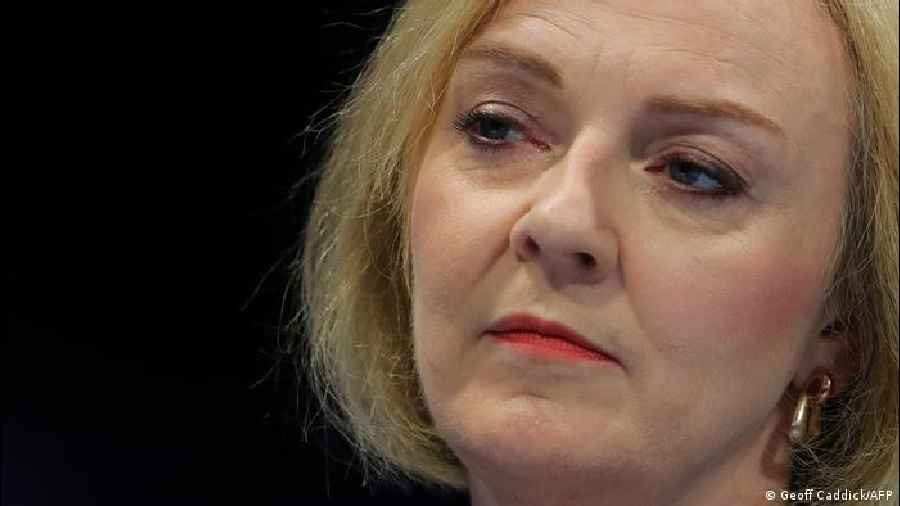Even by the standards of Britain’s recent politics, the mounting embarrassments faced by its new prime minister, Liz Truss, call into question how long she can survive in office and whether the country can avoid a deepening economic crisis. Barely five weeks into the job, Ms Truss apologised on Monday for a controversial mini-budget that sent the pound tumbling to its lowest value against the dollar in several decades and set off panic in the markets. The budget included plans for major tax cuts, exemptions from a windfall tax for energy companies, and heavy government borrowing. The British prime minister has had to replace her first chancellor of the exchequer — the finance minister — Kwasi Kwarteng with Jeremy Hunt, another Conservative veteran who has quickly rolled back most of what Ms Truss had promised in her mini-budget. She has insisted that she will lead her party into the next general elections, but at the moment, it is hard to see how her government would survive another two years — if the vote takes place as scheduled. Her administration appears to have little clarity of thought on how it can help revive a struggling economy at a time when millions of Britons face the prospect of a winter with reduced access to energy.
Calls for her resignation are growing, including from within her party. The question, however, is whether a different Conservative prime minister could do significantly better at the moment — given the party’s poor track record in leading the country since Brexit. With the government’s popularity low, pressure will only increase on Ms Truss to call elections unless she can turn things around soon. Britain’s problems are not only to do with the economy. Ms Truss and her cabinet have shown a disconnect between their avowed ‘Global Britain’ plans and their ham-handed treatment of diplomatic relations. Her former home secretary, Suella Braverman, might have already killed a prospective free trade deal with India because of callous and demeaning remarks about Indians. Ms Truss herself has injected tensions into Britain’s relations with Europe by suggesting she has doubts about her country’s relations with France. Meanwhile, by suggesting that she might move her country’s embassy in Israel to Jerusalem, she has put a much-needed trade deal with Gulf nations at risk. Britain’s post-Brexit journey was always going to be rough. Ms Truss and her party appear to have only made that ride even rockier.










